In recent weeks the FDA has been the brunt of a great amount of derision following the issue of a large number of market denial orders (MDO’s), effectively ripping new and existing vaping products from the shelves.
However, in a recent turn of events, the FDA has missed the court-ordered deadline of Sept 9, 2021, by which time it was supposed to have decided which vaping products can or cannot be on the market.
The deadline for vaping companies to submit PMTA applications was Sept 9, 2020. Companies that submitted PMTA applications by this date were granted a one year exemption from enforcement action. Essentially, they could sell their products and remain on the market until Sept 9 2021.
Now, with the FDA missing the deadline to process all of the millions of PMTA applications and not granting an extension, it essentially means that even companies who were not issued MDO’s are technically selling their products illegally as of Sept 9 2021.
This leaves the vaping market in a grey area; companies that haven’t received authorization are technically on the market illegally, even though they have not been issued a marketing denial order.
Any way that you look at it, the missing of this deadline has laid bare the needless bureaucracy and lack of direction from the organization. Today we are looking at the reasons for the delay, the problems it has highlighted, and what it might mean for the vaping industry as a whole.
MDO’s: The Steady Roll of ‘Significant Progress’?
According to the FDA Tobacco Twitter feed, the FDA has currently issued 168 market denial orders. While that might not sound an awful lot in the grand scheme of things, as the tweet itself states, this effectively prohibits 992,000 products from being marketed and sold.
This led to a significant backlash with some choice responses.
How is it you can review 30 small vapor company PMTAs in a day and send out 30 MDOs, while you need more time to review JUUL, which you said you would prioritize because it has the largest market share, and have been reviewing for well over a year?
— Freedom of Choice (@LanceChurchill) September 10, 2021
How much money does big tobacco and Bloomberg give you
— vaping head (@GooseVaping) September 10, 2021
The reasons for the MDO’s?
In short, the FDA has claimed that the vast majority of those who’ve made a premarket tobacco application (PMTA) “failed to provide sufficient evidence that their ENDS products are appropriate for the protection of public health”.
However, it would appear that when deciding on what is ‘allowed’, the rules or, more specifically the length, of the game can be changed just before the final whistle.
As of today, we’ve taken action on over 93% of the total applications submitted, but there is still much to be done – both to finish the remaining reviews & protect youth from tobacco products, including e-cigarettes, the tobacco product most commonly used by youth in the U.S.
— Dr. Janet Woodcock (@DrWoodcockFDA) September 9, 2021
Significant progress? Hardly.
The FDA was supposed to reach a final decision on September 9th, 2021, regarding the remaining PMTAs. It has since granted itself an unofficial ‘extension’ while it mulls over how it will proceed.
Why is this a bad thing?
Actually, there are a few points to consider.
Regardless of the ‘progress’ that the FDA has made in processing PMTA’s, the delay shows that the FDA does not have its own house in order. The FDA was quite zealous in ensuring that applications were made in a timely and correct manner — the sheer number of resulting MDO’s and rejections are proof of this. It’s just unfortunate that the same yardstick isn’t being used to measure their own performance.
The guidelines and requirements by the authority have not been clear from the outset.
One must also question what ‘progress’ actually means when faced with the above delay. The fact that the FDA has been extremely heavy-handed and sweeping in its previous decisions is concerning. Were the denials issued to give the appearance of progress before the backlog actually caught up with them?
Finally, consider that there are several applications still under review. While this might not seem such a big deal, considering who is still ‘yet to shoot’ reveals something nefarious and possibly quite underhanded.
PMTA’s and the ‘Big Five’
Among those who have submitted PMTA’s are NJOY, Vuse, Blue, Logic, and of course, Juul.
Notice anything with this list of “big players”?
Here, let us make it easy for you.
- Juul and Vuse: – Owned by a subsidiary of Reynolds American Tobacco
- NJOY and Blu: – Owned by Imperial Brands (formerly Imperial Tobacco Group)
- Logic: -Owned by Japan Tobacco inc.
The fear is that the agency has known all along about who it wants to approve. Its blanket issuing of MDOS and sweeping rejections was purposefully undertaken to make ‘room at the table’ to free up capacity for those ‘big players’.
It will be interesting to see if Juul gains approval. One could argue that the FDA’s hypocrisy will be laid bare for all to see in such an event.
Why? Well, for several reasons.
The FDA’s main ‘stick’ to beat the industry has been that the health benefit provided to adults by vaping products does not outweigh the risks posed to the youth.
Juul was sued for $40m, following claims that it deliberately marketed its products to teens.
If this sounds far-fetched, consider that the FDA has approved multiple products before that do contain tobacco. The list includes.
- Snus
- Heated tobacco
- Reduced nicotine cigarettes.
Yes, you read that right.
The same agency denying vapers access to nearly a million products also approved a product known to cause health issues because it had less nicotine. The fact that nicotine isn’t the element that causes health issues seems to have been lost on the FDA.
Bearing in mind that most MDO’s come from a lack of scientifically-backed proof that a product is ‘safe’, one would have thought that they’d get their own “science” right first.
Should Juul and the like be approved, there is little standing in the way of other manufacturers to follow suit. After all, the devices provided by the ‘Big Five’ contain exactly the same ingredients as those found in the previously rejected products.
The above shouldn’t fill anyone with confidence about the FDA’s understanding of nicotine or the vaping industry as a whole. It turns out the FDA can be flexible (and dare we say it reasonable), provided that you are a manufacturer who occupies a significant market share.
What Happens Next?
The vaping industry has been left shocked and aghast at the FDA’s scythe-like behavior against PMTAs. The sheer volume of applications should indicate that manufacturers genuinely wanted to do the ‘right’ thing.
The blanket issuing of MDO’s also indicates that the matter hasn’t been given proper consideration.
Users from twitter hit the nail on the head:
Let me get this right- you gave mom & pop shops a year to file applications, even encouraging their way through your process, costing them more than their life savings, then in a twinkling of an eye told them it wasn’t enough, shut their lives down, leaving them w/ massive debt?
— David Emanuel (@davemanuel0) September 10, 2021
It is worth noting that each bottle size, flavor, and strength of every individual product requires a separate application. This will undoubtedly have added to the FDA’s workload. As early as 2019, the FDA was under fire to streamline its process to avoid ‘a crisis’.
It also faced criticism in the same report that its requirements were “unclear” along with further derision that it would be subject to “excessive burdens” caused by “compression of the timetable”.
The truth is the FDA has now painted itself into a corner, regardless of the outcome. On the one hand, you have the vapers and business owners who have been unfairly penalized while trying to dance to an inconsistent tune. On the other hand, the FDA is under pressure from lobbying interest groups with their own zealous agenda to remove safer alternatives to smoking.
Final Thoughts
The FDA should have been clear from the outset as to what was expected and the timeline. Furthermore, varying its timeline for certain applicants has left it wide open to criticism and demonstrated that it doesn’t understand the facts.
Those under MDO’s cannot trade, yet the FDA cannot feasibly police the remaining ‘pending’ cases. While the story is far from over, with any luck, the FDA will streamline and simplify its process in the future.
It should be noted that it is not the products themselves that need to change, but criteria that should recognize the health benefits for the many instead of focusing on the few.
Some manufacturers have requested exemptions to continue selling their products while the FDA reviews their applications, but the FDA has not announced any exemptions at this time.


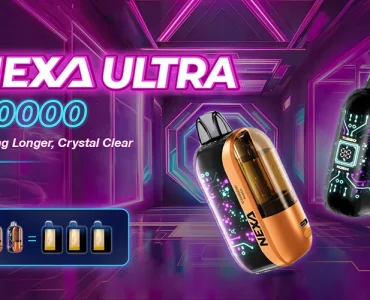
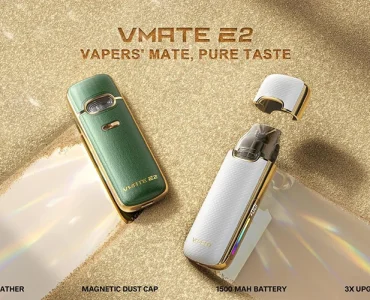

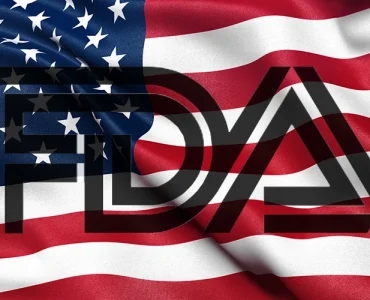
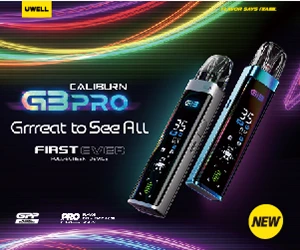
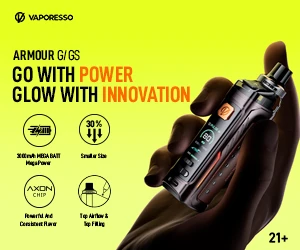
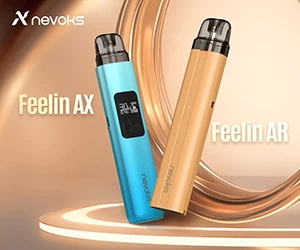
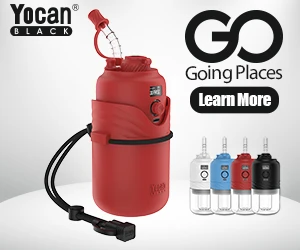

Add comment